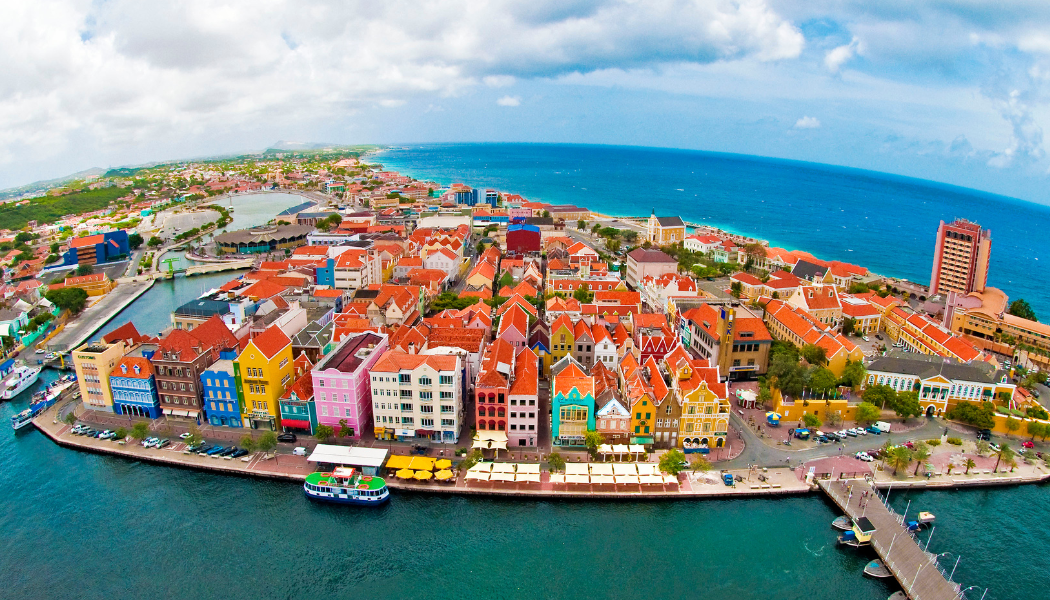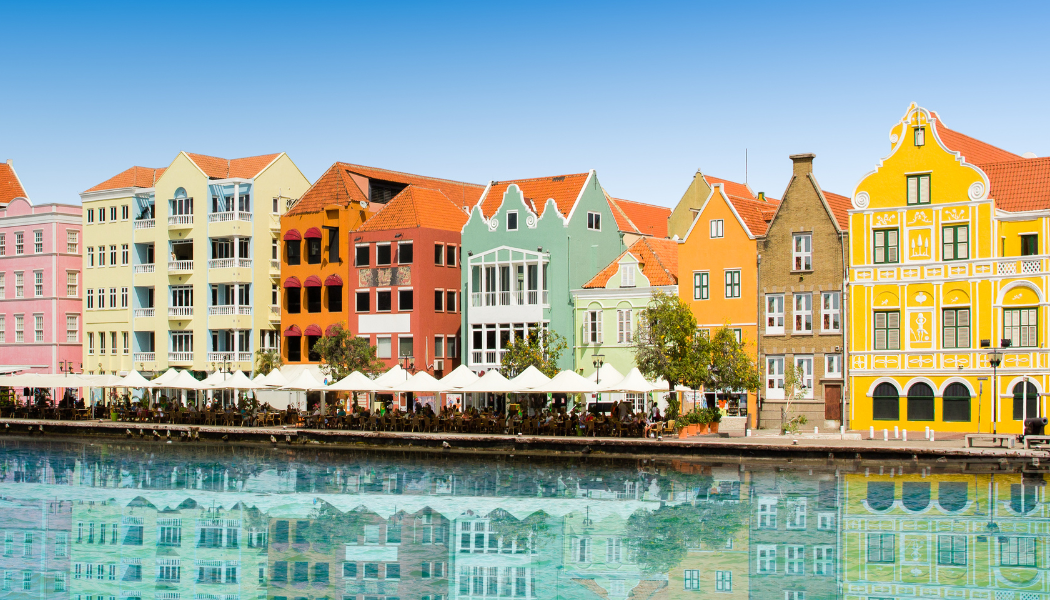Travel Guides
Discover smart travel insights, destination guides, and AI-powered tips to help you plan your perfect trip — from hidden gems to must-do tours around the world.
Featured Guides
Top-performing travel guides and expert recommendations

How to Plan a Trip with AI: The Future of Smart Travel
Discover how AI trip planners revolutionize travel planning with personalized recommendations, smart itineraries, and automated booking. The complete guide to AI-powered smart travel planning.
Read Guide
10 Common Mistakes Travelers Make (and How to Avoid Them)
Discover the 10 most common travel mistakes and learn how to avoid them. Make every trip smoother, smarter, and stress-free with these expert travel insights.
Read GuideShowing 1-12 of 38 guides

Aruba Beach Vacation Packing List: Essentials You Shouldn’t Forget
Pack for Aruba with confidence using this island-ready checklist covering Palm Beach sunsets, Boca Catalina snorkel days, and breezy nights along the high-rise strip.

Curaçao Beach Vacation Packing List: Essentials You Shouldn't Forget
Pack for Curaçao with confidence using this island-ready checklist covering reef-safe sun care, snorkel gear, and trade-wind-friendly outfits for every adventure.

3 Days in Curaçao: The Perfect Long Weekend Itinerary
Maximize 72 hours in Curaçao with a day-by-day itinerary covering Willemstad’s UNESCO streets, Klein Curaçao day sails, and sunset dining at top local restaurants.

3 Days in Aruba: Palm Beach Sunsets, Desert Thrills, and Local Flavor
Spend 72 hours on “One Happy Island” with sunrise snorkels, UTV adventures through Arikok, and barefoot dinners at Aruba’s top restaurants.

Aruba vs Curaçao: Which Caribbean Island Fits Your Travel Style?
Compare Aruba and Curaçao side by side—weather, beaches, dining, and must-do activities—so you can pick the island vibe that matches your perfect Caribbean escape.

Aruba vs Punta Cana: Which Caribbean Escape Matches Your Vacation Style?
Compare Aruba’s resort-ready Palm Beach with Punta Cana’s all-inclusive coastline—weather, beaches, dining, and signature adventures so you can choose (or combine) the right island.

Aruba vs Jamaica: Which Caribbean Island Fits Your Travel Style?
Compare Aruba’s breezy beaches and boutique dining with Jamaica’s reggae nightlife, waterfalls, and all-inclusive energy so you can pick (or combine) the island that matches your next getaway.

Curaçao vs Jamaica: Which Caribbean Escape Matches Your Vibe?
Compare Curaçao and Jamaica on beaches, culture, dining, and signature adventures so you can choose (or combine) the island that fits your next getaway.

Curaçao vs Punta Cana: Which Caribbean Escape Is Right for You?
Compare Curaçao and Punta Cana across beaches, resorts, dining, and adventures so you can match the island to your travel style—or plan a combo getaway.

Best Time to Visit Curaçao: Weather, Festivals, and Top Tours
Plan the perfect Curaçao vacation with month-by-month weather tips, festival highlights, and the best time to book diving tours, catamaran cruises, and cultural experiences.

Best Time to Visit Aruba: Sunshine, Trade Winds, and Top Tours
Match Aruba’s sunshine, trade winds, and island events to your travel dates with this month-by-month guide covering weather, festivals, and the best times to book snorkel cruises and desert adventures.

Patagonia Travel Guide: How to Experience Argentina and Chile's Wild South
Discover the ultimate Patagonia travel guide for experiencing Argentina and Chile's wild south. Explore hiking trails, glacier tours, and adventure activities in one of the world's most spectacular wilderness regions.
Ready to Plan Your Trip with AI?
Put these travel guides into action with our AI-powered tour recommendations and smart trip planning tools.